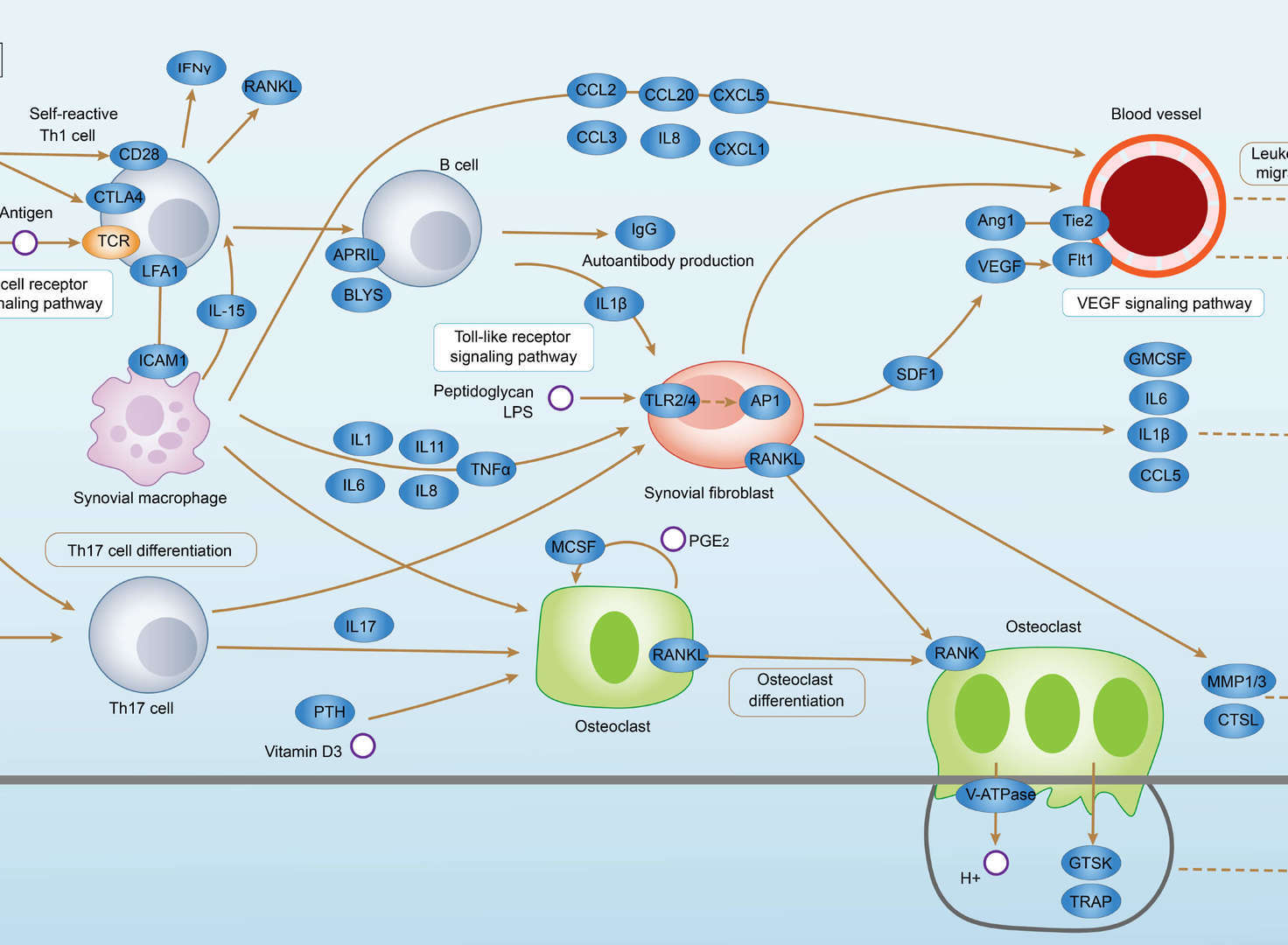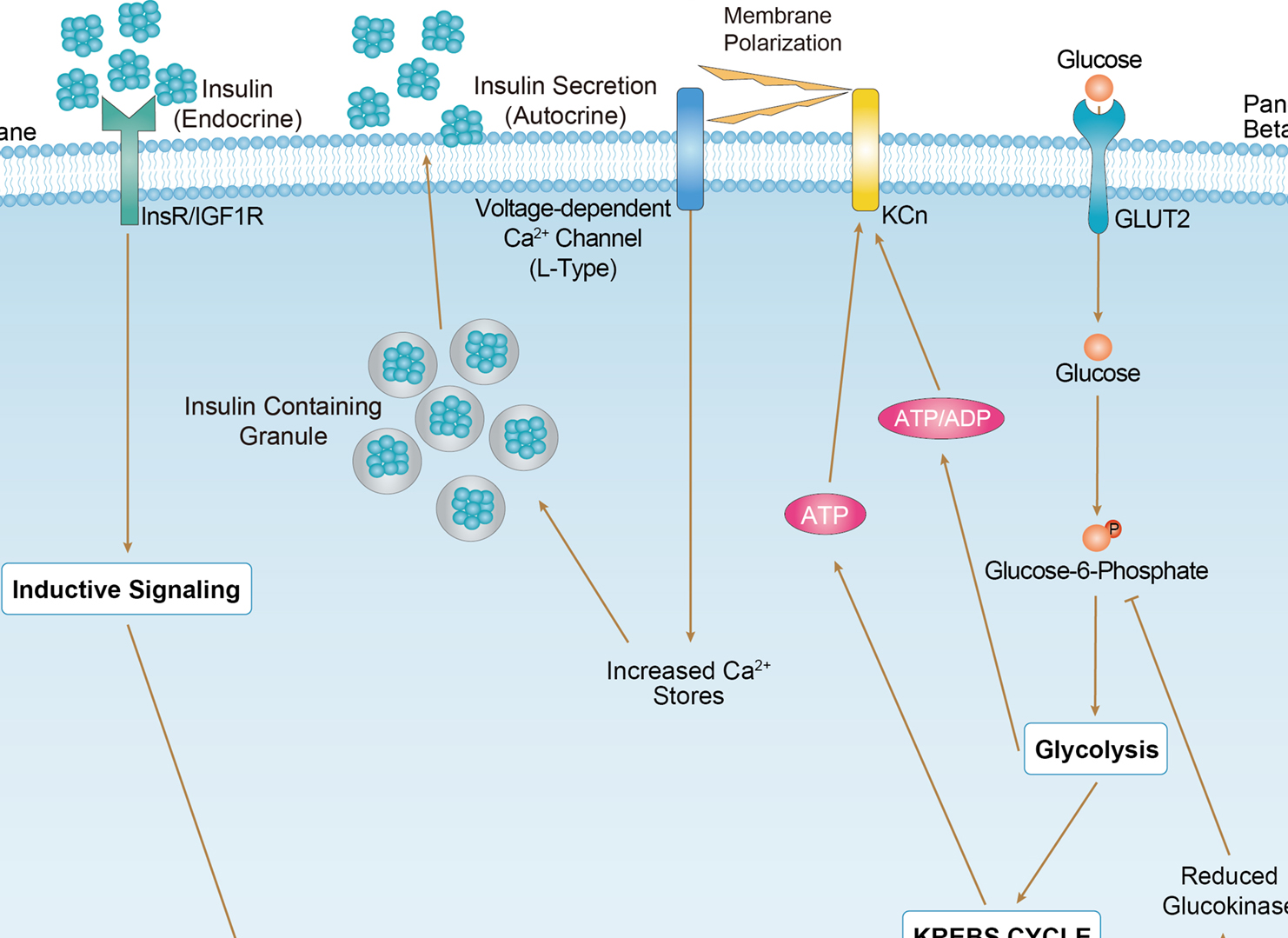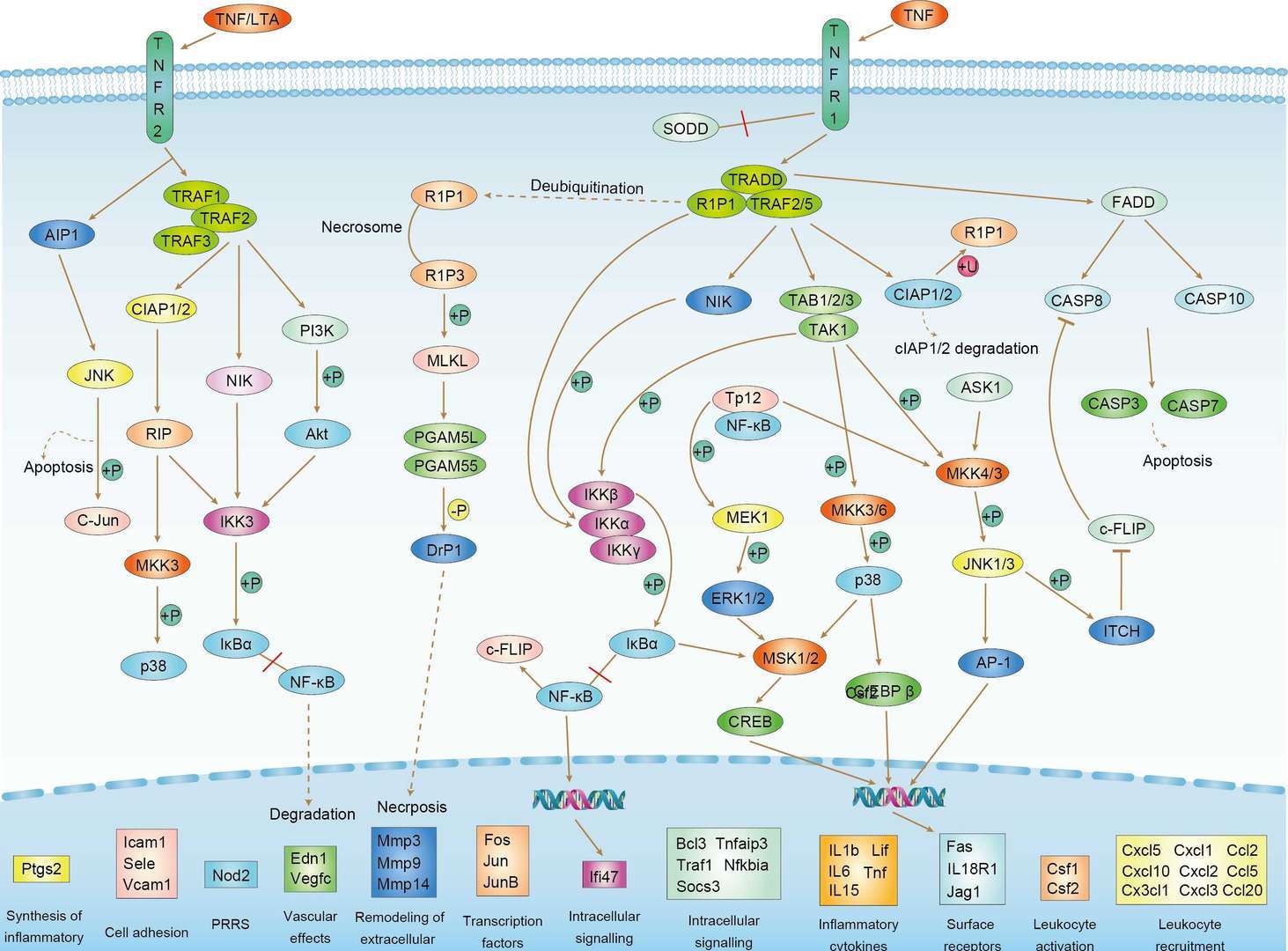+ Filter
 Loading...
Loading...

IL1A&IL1B
Anti-IL1A&IL1B Recombinant Antibody Products
- Recombinant Mouse Anti-IL1B Antibody (CBL665) (NEUT-1271CQ)
-
- Species Reactivity: Equine
- Type: IgG1
- Application: Neut
- Mouse Anti-IL1B Recombinant Antibody (clone 4M27) (NEUT-1272CQ)
-
- Species Reactivity: Human
- Type: Mouse IgG2
- Application: IHC, Neut, WB
- Mouse Anti-IL1B Recombinant Antibody (clone 8516.311) (NEUT-1273CQ)
-
- Species Reactivity: Human
- Type: Mouse IgG1
- Application: ELISA, WB, Neut
- Mouse Anti-IL1B Recombinant Antibody (clone B-A15) (NEUT-1274CQ)
-
- Species Reactivity: Human
- Type: Mouse IgG1
- Application: Block, FC
- Mouse Anti-IL1B Recombinant Antibody (clone 2805R) (NEUT-1275CQ)
-
- Species Reactivity: Human
- Type: Mouse IgG1
- Application: ELISA, Neut, WB, ICC
- Mouse Anti-IL1B Recombinant Antibody (clone CBL697) (NEUT-1276CQ)
-
- Species Reactivity: Human
- Type: Mouse IgG
- Application: Neut, ELISA
- Mouse Anti-Il1b Recombinant Antibody (clone CBL297) (NEUT-1289CQ)
-
- Species Reactivity: Rat
- Type: Mouse IgG1
- Application: Neut, ICC
-
- Derivation: Human
- Species Reactivity: Human
- Type: ADCC enhanced antibody
- Application: ELISA, IP, FC, FuncS, Neut
-
- Derivation: Humanized (from mouse)
- Species Reactivity: Human
- Type: ADCC enhanced antibody
- Application: ELISA, FC, IP, FuncS, IF, Neut
- Mouse Anti-IL1B Recombinant Antibody (NEUT-1283CQ) (NEUT-1283CQ)
-
- Species Reactivity: Human
- Type: Mouse IgG1
- Application: Neut
- Mouse Anti-Il1a Recombinant Antibody (clone CBL550) (NEUT-1258CQ)
-
- Species Reactivity: Cotton Rat
- Type: Mouse IgG2a
- Application: WB, Neut
- Mouse Anti-IL1B Recombinant Antibody (NEUT-1284CQ) (NEUT-1284CQ)
-
- Species Reactivity: Human
- Type: Mouse IgG1
- Application: Neut
- Mouse Anti-IL1B Recombinant Antibody (clone H1b-27) (NEUT-1285CQ)
-
- Species Reactivity: Human
- Type: Mouse IgG2b, κ
- Application: ELISA, ELISPOT, Block
- Hamster Anti-Il1b Recombinant Antibody (clone B122) (NEUT-1286CQ)
-
- Species Reactivity: Mouse
- Type: Hamster IgG
- Application: WB, IP, Neut
- Rat Anti-Il1b Recombinant Antibody (clone CBL448) (NEUT-1287CQ)
-
- Species Reactivity: Mouse
- Type: Rat IgG1
- Application: ELISA, Neut
- Rat Anti-Il1b Recombinant Antibody (clone CBL745) (NEUT-1288CQ)
-
- Species Reactivity: Mouse
- Type: Rat IgG1
- Application: ICC, Neut
- Mouse Anti-IL1B Recombinant Antibody (clone CBL740) (NEUT-1277CQ)
-
- Species Reactivity: Human
- Type: Mouse IgG1
- Application: WB, ELISA, ICC, Neut
- Mouse Anti-IL1B Recombinant Antibody (clone CBL833) (NEUT-1278CQ)
-
- Species Reactivity: Human
- Type: Mouse IgG1
- Application: WB, CyTOF, ICC, ICFC, Neut
- Mouse Anti-IL1B Recombinant Antibody (clone CBL284) (NEUT-1279CQ)
-
- Species Reactivity: Human
- Type: Mouse IgG1
- Application: ELISA, WB, Neut
- Mouse Anti-IL1B Recombinant Antibody (clone CBL085) (NEUT-1280CQ)
-
- Species Reactivity: Human
- Type: Mouse IgG2
- Application: Neut, WB, IHC
- Mouse Anti-IL1B Recombinant Antibody (clone CBL259) (NEUT-1281CQ)
-
- Species Reactivity: Human
- Type: Mouse IgG1
- Application: ICC, Neut, FuncS
- Mouse Anti-IL1B Recombinant Antibody (clone CRM56) (NEUT-1282CQ)
-
- Species Reactivity: Human
- Type: Mouse IgG1
- Application: FC, ELISA, Neut
- Mouse Anti-IL1A Recombinant Antibody (clone 9F46) (NEUT-1259CQ)
-
- Species Reactivity: Human
- Type: Mouse IgG2
- Application: IHC, Neut, WB
- Mouse Anti-IL1A Recombinant Antibody (clone AS5) (NEUT-1260CQ)
-
- Species Reactivity: Human
- Type: Mouse IgG1
- Application: IHC-P, ELISA, Neut, IHC
- Mouse Anti-IL1A Recombinant Antibody (clone CBL408) (NEUT-1261CQ)
-
- Species Reactivity: Human
- Type: Mouse IgG1
- Application: FC, CyTOF, Neut
- Mouse Anti-IL1A Recombinant Antibody (clone CBL781) (NEUT-1262CQ)
-
- Species Reactivity: Human
- Type: Mouse IgG2a
- Application: WB, ELISA, ICC, Neut
- Mouse Anti-IL1A Recombinant Antibody (clone CBL782) (NEUT-1263CQ)
-
- Species Reactivity: Human
- Type: Mouse IgG2a
- Application: ELISA, ICC, Neut
- Mouse Anti-Il1a Recombinant Antibody (NEUT-1270CQ) (NEUT-1270CQ)
-
- Species Reactivity: Mouse
- Type: Mouse IgG1
- Application: Neut
- Mouse Anti-IL1A Recombinant Antibody (clone CBL083) (NEUT-1264CQ)
-
- Species Reactivity: Human
- Type: Mouse IgG2
- Application: Neut, WB, IHC
- Mouse Anti-IL1A Recombinant Antibody (NEUT-1265CQ) (NEUT-1265CQ)
-
- Species Reactivity: Human
- Type: Mouse IgG1
- Application: Neut
- Hamster Anti-Il1a Recombinant Antibody (clone 9M44) (NEUT-1266CQ)
-
- Species Reactivity: Mouse
- Type: Hamster IgG
- Application: Neut, WB
- Hamster Anti-Il1a Recombinant Antibody (clone ALF161) (NEUT-1267CQ)
-
- Species Reactivity: Mouse
- Type: Hamster IgG
- Application: Neut, WB, IPC
- Mouse Anti-Il1a Recombinant Antibody (clone CBL299) (NEUT-1268CQ)
-
- Species Reactivity: Mouse
- Type: Mouse IgG2b
- Application: Neut, ELISA
- Hamster Anti-Il1a Recombinant Antibody (clone CBL084) (NEUT-1269CQ)
-
- Species Reactivity: Mouse
- Type: Hamster IgG
- Application: Neut, WB
More Infomation
Can't find the products you're looking for? Try to filter in the left sidebar.Filter By Tag
More Infomation
Our customer service representatives are available 24 hours a day, from Monday to Sunday. Contact Us
For Research Use Only. Not For Clinical Use.
IL1B encodes a cytokine that is a central mediator of the inflammatory response. It is part of the IL-1 family of cytokines, which regulate immune and inflammatory responses to infections and injury. IL1B plays a crucial role in initiating fever and acute inflammation and is involved in the pathogenesis of a wide range of inflammatory conditions, including rheumatoid arthritis, sepsis, and gout. Its activity is tightly regulated, as excessive IL1B production can lead to chronic inflammatory diseases. It signals through the IL-1 receptor, activating pathways that promote immune responses.

The protein encoded by this gene is a member of the interleukin 1 cytokine family. This cytokine is a pleiotropic cytokine involved in various immune responses, inflammatory processes, and hematopoiesis. This cytokine is produced by monocytes and macrophages as a proprotein, which is proteolytically processed and released in response to cell injury, and thus induces apoptosis. This gene and eight other interleukin 1 family genes form a cytokine gene cluster on chromosome 2. It has been suggested that the polymorphism of these genes is associated with rheumatoid arthritis and Alzheimer's disease. [provided by RefSeq, Jul 2008]

 Rheumatoid Arthritis
Rheumatoid Arthritis
 Maturity Onset Diabetes of the Young
Maturity Onset Diabetes of the Young
 TNF Signaling Pathway
TNF Signaling Pathway